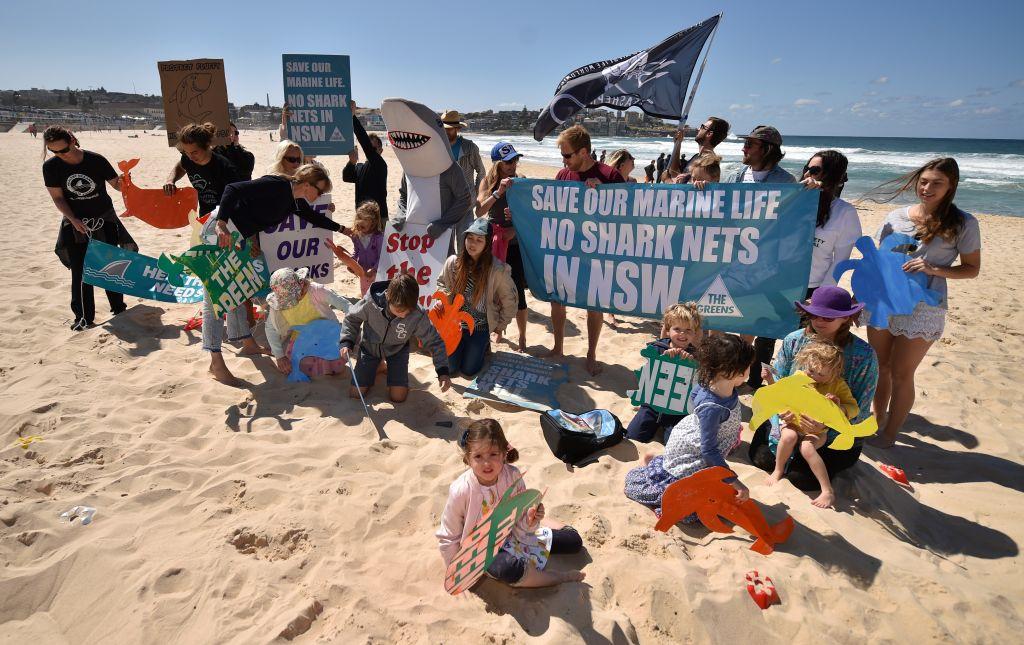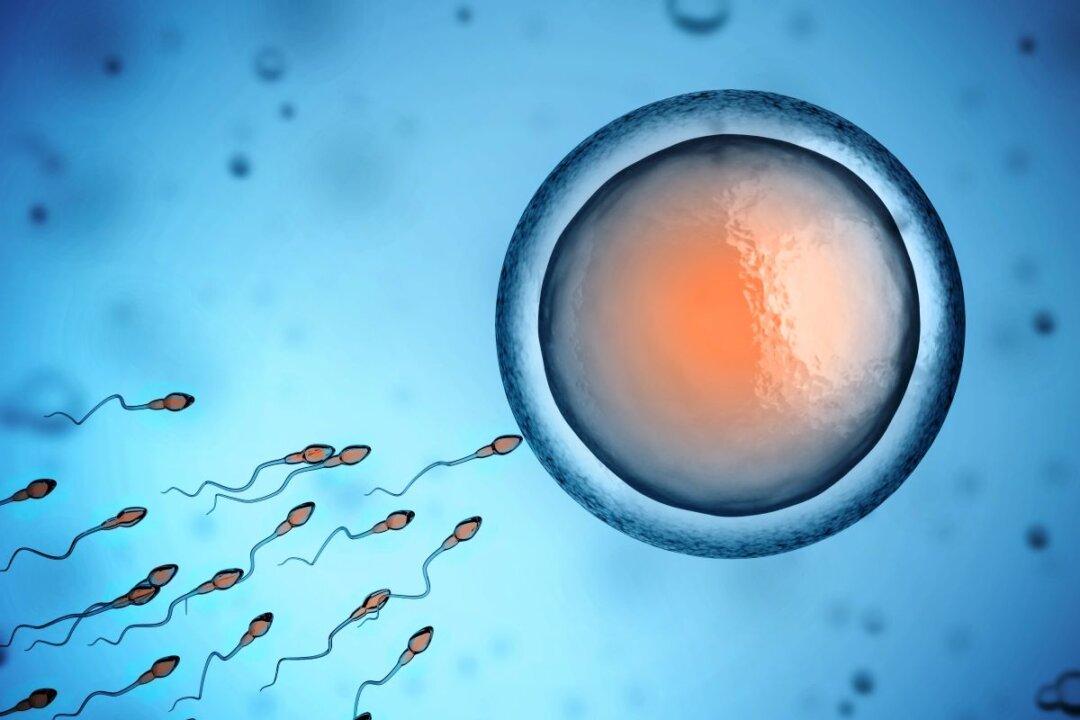The Australian Greens Party have a plan to phase out the use of shark nets and drum lines at Australia’s beaches and invest $50 million (US$36.7 million) over ten years towards the research and development of non-lethal shark control measures.
In a policy launch at Sydney’s Bondi Beach on Thursday, Greens senator Peter Whish-Wilson called shark nets “weapons of mass destruction”, adding that “they don’t make the ocean safe for swimmers, surfers, divers, and other ocean goers.”





